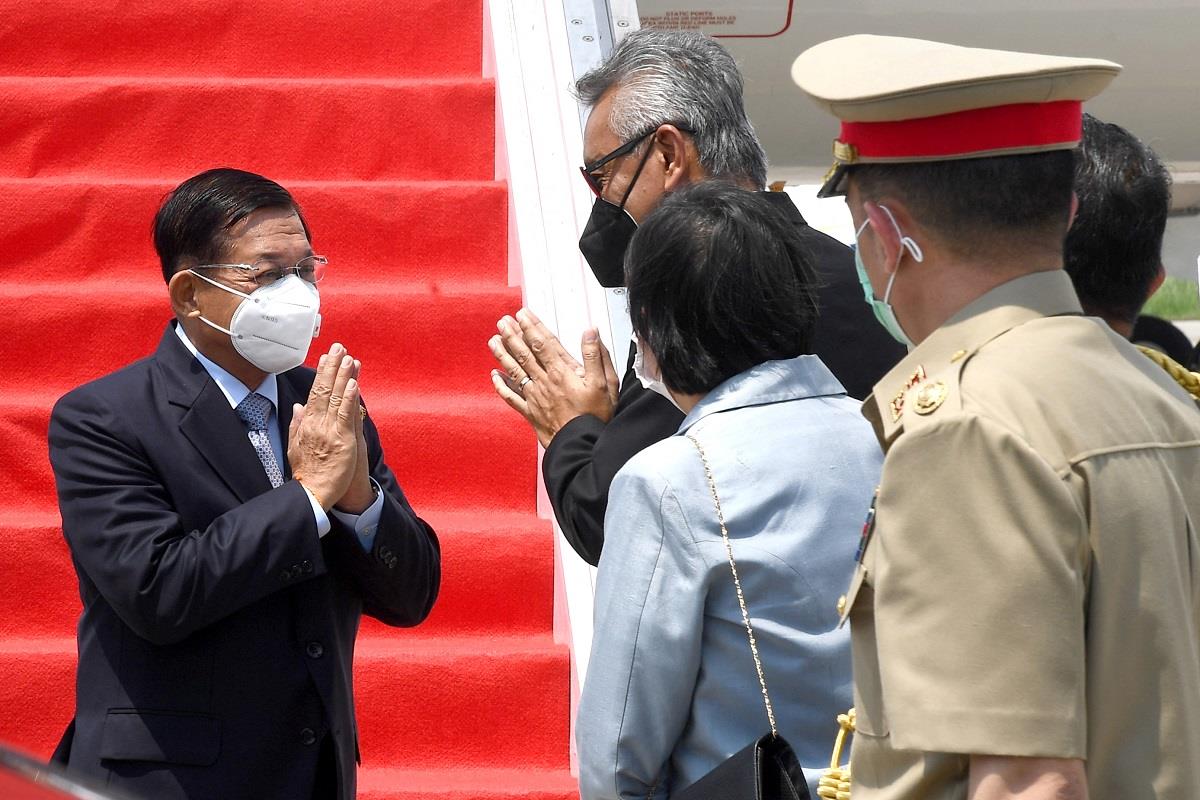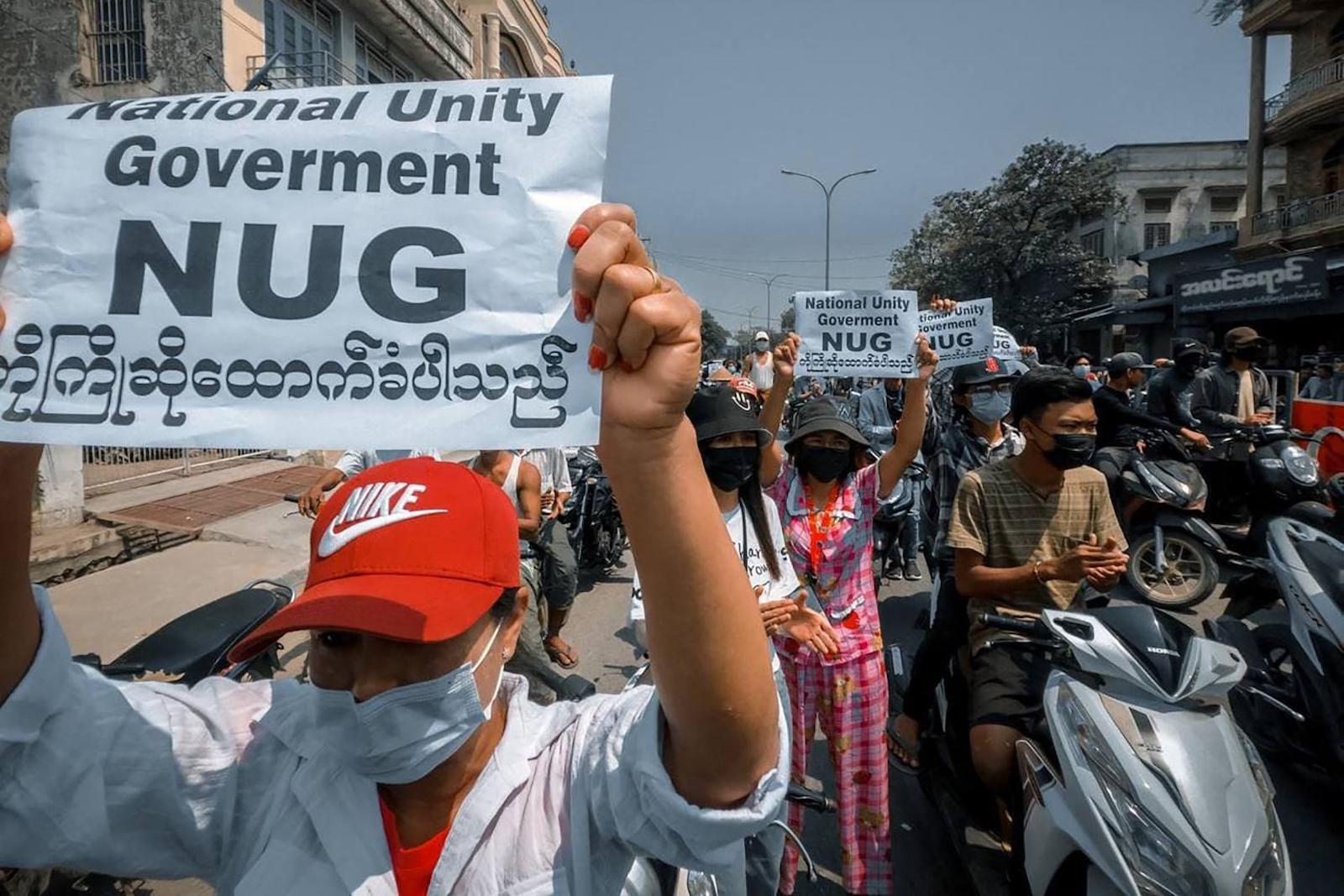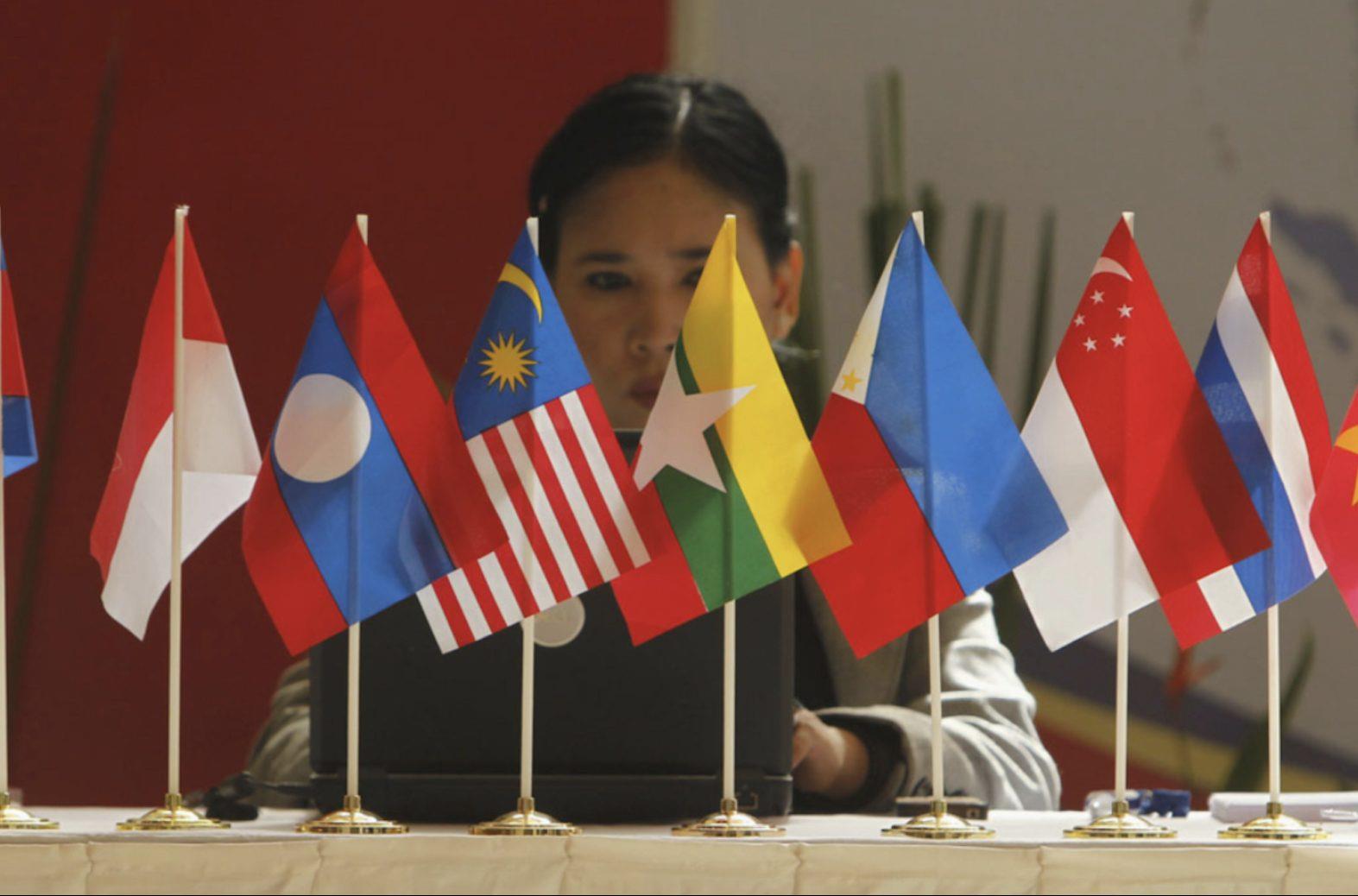(MENAFN- Asia Times) Association of Southeast Asian Nations (ASEAN) leaders responded to rising international pressure to act on Myanmar's crisis through an extraordinary summit held in Jakarta on April 24. While the meeting was arguably a step in the right diplomatic direction, plenty of potential pitfalls remain.
There is little that all international and regional powers — the US, EU, China, India, Japan, and Russia — agree on regarding Myanmar's February 1 military coup that toppled the elected National League for Democracy (NLD) government and imposed a military junta in its stead.
They did agree, however, that ASEAN needed to lead in resolving the crisis in Myanmar. This crisis was triggered by the coup, which the military initiated ostensibly to remedy election fraud and with a vow to hand back power to an elected government as soon as the situation is stabilized.
The situation escalated when mass street protests against the coup and civil disobedience erupted, and fully spun out of control when the junta started killing scores of protestors on a near-daily basis from late March.
ASEAN had been split among members who are uncomfortable applying pressure on the junta, namely Thailand, Vietnam, and Laos, and others led by Indonesia, Malaysia and Singapore who have sought more forthrightly to push the junta to release detainees and restore elected governance.
Junta leader Senior General Min Aung Hlaing was invited to the ASEAN summit and agreed to participate, eager to normalize his coup regime's relations with Myanmar's ASEAN partners. The National Unity Government, an umbrella group of the democratic resistance comprised of the NLD and ethnic minority representatives, sought to participate as well.

Myanmar junta leader Min Aung Hlaing (L) is greeted at Jakarta's Soekarno-Hatta international airport in Tangerang. Photo: Handout/AFP
In a shrewdly-worded letter to the ASEAN Secretary-General, NUG Foreign Minister Zin Mar Aung demonstrated a nuanced understanding of the bloc's diplomatic predicament over the Myanmar government's disputed status and offered to participate in whatever form was deemed as suitable in ASEAN's protocol.
She added a few key but modest demands, namely that ASEAN not rush to recognize the coup regime as Myanmar's legitimate government, that ASEAN clarify that Min Aung Hlaing's participation does not necessarily confer official recognition to his State Administration Council (SAC), and that ASEAN nominate an envoy to engage all parties on the way forward and that the said envoy cooperates closely with the UN Security Council's envoy to resolve the crisis.
By this reading, the NUG was not officially invited to the summit but got its way otherwise.
Indeed, ASEAN organizers were at pains to make clear that Min Aung Hlaing participated in his role as commander in chief of the armed forces, not as head of government.
Negotiations at the summit resulted in a 5-point plan to end the crisis: an immediate cessation of violence in Myanmar, constructive dialogue among all parties, mediation facilitated by ASEAN special envoy, humanitarian assistance provided by ASEAN, and a mission to Myanmar of the ASEAN special envoy to initiate the process.
It would have been six points but the release of all detainees was struck down either at or before the summit. Surprisingly, perhaps, Min Aung Hlaing accepted the five points, though without clear enforcement mechanisms. NUG Foreign Minister Zin Mar Aung immediately hit the airwaves with a clear message that everyone should be prepared for the military not to honor its ASEAN commitments.

Myanmar protesters advocate for the newly formed National Unity Government that seeks to challenge junta rule. Image: AFP
Indeed, the junta took barely a day to renege. The Global New Light of Myanmar, a government mouthpiece, carried an announcement wherein the junta signaled its intention to implement the plan only after peace and order have been restored.
In the same edition, the junta published its 'five programs', a barely reworded statement of the position it stated upon launching the coup: the state of emergency will continue, the electoral system will be reformed, and that elections will eventually be held in the future. Read: we will not give an inch.
Meanwhile, violence has continued unabated. The Karen National Liberation Army and Kachin Independence Army, both ethnic armies, are now on the offensive against the Tatmadaw.
Protesters and activists of old have formed new civil defense forces to challenge the military; in Chin state, one of those newly formed forces ambushed a Tatmadaw convoy. Shadowy violence, including improvised explosive device attacks, on junta-affiliated targets are starting to grab headlines in urban areas.
So then was the ASEAN summit all for nothing? Not necessarily. First, a breakthrough was never really on the cards: a mediated solution is in neither side's interest right now . But ASEAN's leaders have invested considerable political capital into the plan; in interviews after the summit, ASEAN representatives hailed the 5-point plan as the solution to the crisis .
To be sure, ASEAN leaders will not take kindly to being played fools so publicly and comprehensively through any junta backtracking and intransigence.
The NUG, meanwhile, looks much better for it. Its constructive approach will have been noted far and wide. For ASEAN leaders, it will look like a more reliable partner.
Finally, however much the junta may try to spin it, engagement has now started and it will quickly realize that it cannot just brush off the 5-point plan.
An ASEAN special envoy will soon be nominated, humanitarian aid will be sent, and ASEAN will open channels to the NUG. International engagement in a conflict by default favors the weaker party.

The Association of Southeast Asian Nations faces a do or die moment in trying to mediate the ongoing crisis in Myanmar. Image: Agencies
ASEAN will also now have means for interceding on humanitarian grounds and a better chance of doing something about any new major escalation of violence.
It will also be able to act more quickly should a window for real, meaningful mediation open in the future. And, finally, a regional mediation vacuum has, at least for now, been filled.
Most significantly, perhaps, the US and China are now less likely to be drawn into a proxy confrontation over Myanmar, which both superpowers have so far prudently sought to avoid.
Philipp Annawitt served as an advisor to Myanmar's parliament and government from 2015 to 2021.
MENAFN28042021000159011032ID1101995917
Legal Disclaimer:
MENAFN provides the information “as is” without warranty of any kind. We do not accept any responsibility or liability for the accuracy, content, images, videos, licenses, completeness, legality, or reliability of the information contained in this article. If you have any complaints or copyright issues related to this article, kindly contact the provider above.